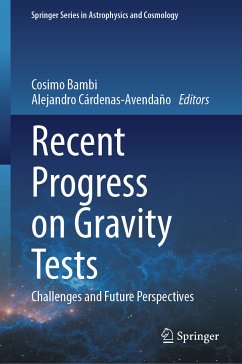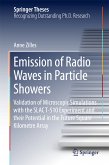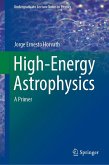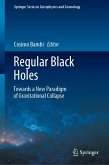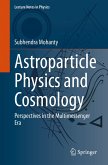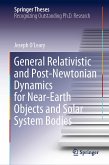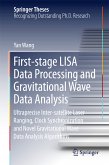Einstein's theory of general relativity is one of the pillars of modern physics and it is our standard framework for describing gravitational fields and the spacetime structure. So far, general relativity has passed all experimental tests and agrees with observations. However, the past few years have seen remarkable observational improvements and new techniques that continually challenge the theory's predictions: routinely detect the gravitational wave signals from the coalescence of black holes and neutron stars; can image the supermassive black holes at the center of our Galaxy and of the galaxy M87; can analyze the properties of the X-ray radiation emitted from the very inner part of the accretion disks of several black holes; and keep improving laboratory and Solar System experiments.
This book offers an updated self-consistent overview, future perspectives, and challenges of experimental and observational tests of gravity, with both gravitational and electromagnetic spectra. It includes the recent results of laboratory tests of gravity, solar system experiments, tests of gravity in the strong-field regime with astrophysical compact objects, and tests of gravity on large scales with cosmological observations.
Dieser Download kann aus rechtlichen Gründen nur mit Rechnungsadresse in A, B, BG, CY, CZ, D, DK, EW, E, FIN, F, GR, HR, H, IRL, I, LT, L, LR, M, NL, PL, P, R, S, SLO, SK ausgeliefert werden.

